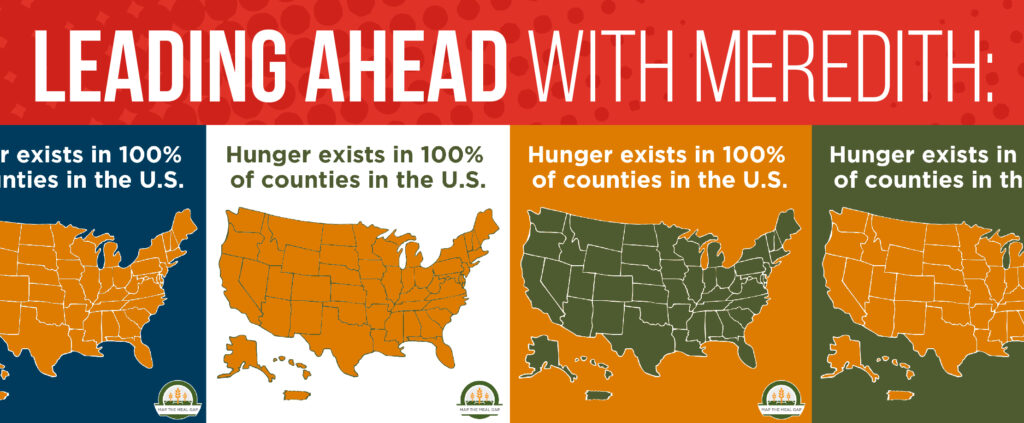As we celebrate National Nutrition Month, we all hope to find ways to eat healthier.
However, it is a common misconception that eating healthy is hard to do when you’re on a budget. In reality, with a little preparation and a few shopping tips, you can eat well without breaking the bank.
Seasons of Savings
The easiest way to save money and purchase a wide variety of healthy food is to buy fruits and vegetables when they are in season. Farmers grow different types of produce throughout the year. When a fruit or vegetable is in its growing season, it is less expensive for the farmer and the market, so those savings get passed along to you.
 You can always find out what produce is in season by shopping at your local farmers market, asking the produce staff at your grocery store or with our “What’s in Season?” produce guide.
You can always find out what produce is in season by shopping at your local farmers market, asking the produce staff at your grocery store or with our “What’s in Season?” produce guide.
Most grocery stores offer weekly sales on fruits and vegetables that are in season. This is because the store received a large shipment of a particular produce item, or because that fruit or vegetable is at the end of its season so the store needs to make room for new items. Before you shop, check your store’s weekly ads online or in the local newspaper.
Prep at Home
Another way to save is to buy produce whole and in bulk, and to do some of the prep work at home. At the store, you pay extra to buy salad already washed, chopped and in a bag. Fruit that is pre-cut or in a fruit salad is even more expensive. Instead, buy vegetables, fruit and a head of lettuce and do the prep yourself. This not only allows you to save money, but also gives you the chance to know exactly what you are eating. Prepping your own salads allows you to add variety by mixing different ingredients.
Save in the Freezer Section
But fresh fruits and veggies aren’t your only option. The freezer section in the grocery store has become a great place to find healthy, budget-friendly food choices. Frozen fruits and vegetables are a much better option than their canned counterparts. Typically, frozen veggies and fruits do not have the added ingredients and can usually be purchased in larger packages. They are also cost-effective and have a long shelf life.
Some fruits and vegetables are even better frozen than fresh because they are frozen at their peak nutritional stage.
Other great frozen options include individually-packed servings of chicken, fish and seafood. These allow for easy meal preparation without having to defrost and cook a whole package.
Although pre-packed, microwaveable or “just add water” meals might be appealing when it comes to cost, they are not the best option when it comes to nutrition. It may take a little more time to prepare a similar meal using fresh ingredients, but your body will thank you for it.
Eating a variety of fruit, vegetables, whole grains and lean meats is a great way to provide your body with all the nutrients it needs to work the way it should. With a little bit of planning, buying nutritious foods on a budget can be easy. It is also a great way to live well and help maintain a healthy lifestyle.



